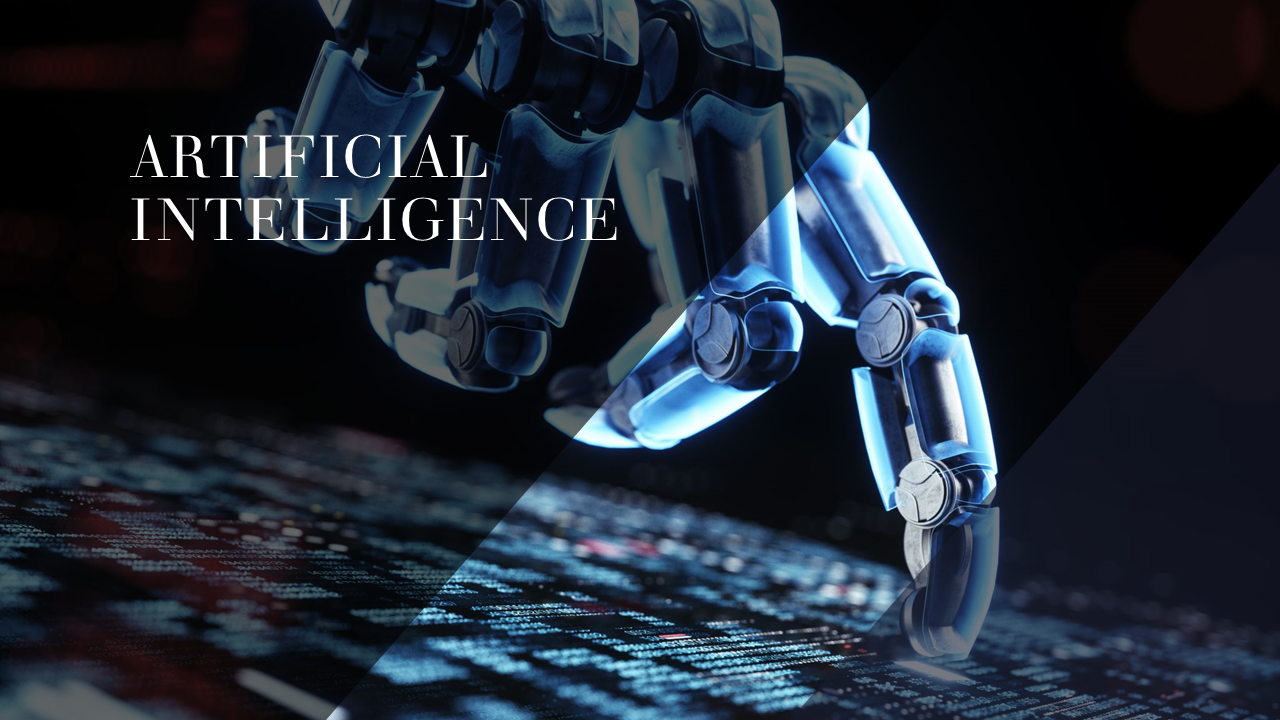Artificial intelligence (AI) has emerged as a transformative force in the modern workplace, offering a multitude of opportunities to enhance efficiency across various aspects of organizational operations. From automating routine tasks to providing advanced analytics and insights, AI technologies can streamline processes, reduce costs, and improve decision-making. Here are the top 10 ways AI can drive efficiency in your organization:
1. Automating Routine Tasks
One of the most immediate and impactful applications of AI is automating repetitive and time-consuming tasks. AI-powered systems can handle data entry, scheduling, invoice processing, and customer service inquiries, freeing up employees to focus on more strategic and creative tasks. For example, chatbots can manage common customer queries, while robotic process automation (RPA) can streamline back-office operations.
2. Enhancing Decision-Making with Data Analytics
AI algorithms can analyze vast amounts of data much faster and more accurately than humans. This capability allows organizations to derive actionable insights from data, leading to better decision-making. Predictive analytics, for instance, can forecast market trends, customer behaviors, and sales performance, enabling organizations to make informed business decisions.
3. Improving Customer Experience
AI can significantly enhance customer experience by personalizing interactions and providing timely responses. AI-driven customer relationship management (CRM) systems can analyze customer data to offer personalized product recommendations and marketing messages. Additionally, AI-powered chatbots and virtual assistants can provide instant support, improving customer satisfaction and retention.
4. Optimizing Supply Chain Management
AI can optimize various aspects of supply chain management, including demand forecasting, inventory management, and logistics. Machine learning algorithms can predict demand patterns, helping organizations maintain optimal inventory levels and reduce waste. AI can also improve logistics by optimizing delivery routes and schedules, reducing transportation costs and improving delivery times.
5. Streamlining Human Resources
AI can revolutionize human resources (HR) by automating recruitment processes, employee onboarding, and performance management. AI-powered applicant tracking systems can screen resumes and identify the best candidates based on predefined criteria. AI can also analyze employee data to identify patterns and trends, helping HR professionals develop targeted retention and engagement strategies.
6. Enhancing Cybersecurity
AI can bolster an organization’s cybersecurity defenses by identifying and mitigating potential threats. AI algorithms can analyze network traffic and user behavior to detect anomalies and flag potential security breaches. Additionally, AI can automate responses to common cybersecurity incidents, reducing response times and limiting the impact of attacks.
7. Facilitating Research and Development
AI can accelerate research and development (R&D) by automating data analysis and simulations. In industries like pharmaceuticals and materials science, AI can assist in discovering new drugs or materials by analyzing vast datasets and predicting the properties of new compounds. This capability can significantly reduce the time and cost associated with R&D processes.
8. Optimizing Energy Usage
AI can help organizations optimize energy consumption and reduce costs. AI-powered energy management systems can monitor and analyze energy usage patterns, identify inefficiencies, and suggest corrective actions. For example, AI can optimize heating, ventilation, and air conditioning (HVAC) systems in real-time, reducing energy consumption without compromising comfort.
9. Enhancing Marketing and Sales
AI can transform marketing and sales efforts by providing deeper insights into customer preferences and behaviors. AI-driven analytics can segment customers more accurately, enabling personalized marketing campaigns. AI can also optimize pricing strategies by analyzing market conditions and competitor pricing. In sales, AI can help prioritize leads and provide sales teams with actionable insights to close deals more effectively.
10. Improving Financial Management
AI can streamline financial management processes, including budgeting, forecasting, and auditing. AI-powered tools can analyze financial data to identify trends and anomalies, helping organizations make more accurate financial forecasts. Additionally, AI can automate routine accounting tasks, such as invoice processing and expense tracking, reducing the risk of errors and improving efficiency.
Conclusion
AI is a powerful tool that can drive efficiency and innovation across various facets of an organization. By automating routine tasks, providing advanced analytics, and enhancing decision-making, AI enables organizations to optimize their operations and achieve better outcomes. As AI technology continues to evolve, its potential to transform businesses and industries will only grow, making it an essential component of any modern organization’s strategy.

